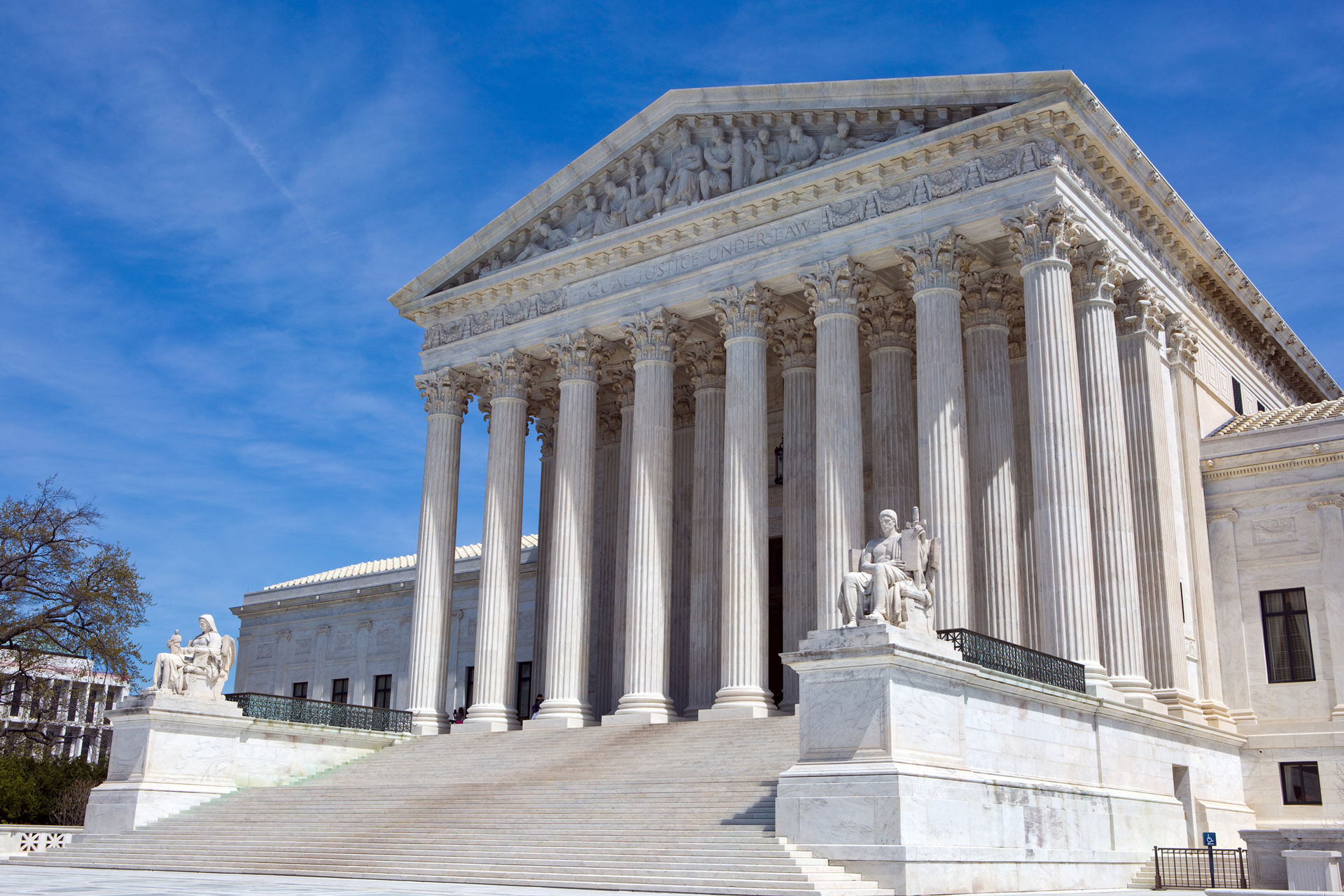On April 23, the U.S. Supreme Court will hear what may be one of the most impactful cases for the Securities and Exchange Commission, and perhaps other federal administrative agencies, in a long time. In Lucia v. SEC, the Supreme Court will hear arguments – including from the U.S. Solicitor General – that the way that the SEC’s administrative law judges (ALJs) are appointed violates the U.S. Constitution’s Appointments Clause. For prior posts, see [Jan 23, 2018; Jan 16, 2018, Jan 24, 2017, Sept 2, 2016].
The briefing is essentially completed, and as the Solicitor General’s recent request for divided argument suggests, the battle-lines here are untraditional. In fact, the divergent positions staked out by the three parties that are arguing (to say nothing of those advocated by the dozens of amici) suggest that something close to Wrestlemania on First Street could erupt.
As we have discussed earlier, the SEC’s ALJs (along with many other administrative agencies’ ALJs) are hired through the government’s civil service process. They are not treated as “inferior officers” who are appointed pursuant to the Appointments Clause. Lucia asks whether hiring ALJs this way violates the Appointments Clause because they have all the hallmarks of an “inferior officer” under Supreme Court precedent -- their positions are “established by law,” their duties, salary and means of appointment are specified by statute, and they potentially “exercise significant discretion in carrying out important functions.”
Lucia’s argument did not prevail in the D.C. Circuit (though similar arguments did in the Tenth Circuit’s Bandimere decision). With the change in administrations, however, the government has now switched sides. In the D.C. Circuit, the SEC, speaking largely on its own, argued successfully that its ALJs were not “inferior officers” because they did not issue “final” decisions and did not exercise “significant authority” under federal law. In the Supreme Court, however, the SEC – now speaking only through the Solicitor General’s office – sided with Lucia and filed a rarely-seen “Brief of Respondent in Support of Petitioner.” Contrary to its prior position, the SEC/Solicitor General conceded that the SEC’s ALJs are inferior officers who are appointed in violation of the Appointments Clause because they do exercise significant authority under federal law. As an example, both Lucia and the Solicitor General have asserted that approximately 90% of SEC ALJ decisions become the Commission’s final decision without further Commission review.
In fact, the Solicitor General has now taken a more aggressive position than Lucia. The Solicitor General has argued explicitly to the Court that, not only are the SEC’s ALJ’s “inferior officers” whose hiring pursuant to the typical civil service process violates the Appointments Clause, but other agencies’ ALJs who have undergone the same hiring process also violate the Appointments Clause. The Solicitor General has also raised a new argument on its own. It has argued that SEC ALJs (and other agencies’ ALJs who oversee adversarial proceedings) are also unconstitutionally appointed because they cannot be removed at the pleasure of the President.
Lucia’s overall focus has been narrower. He has expressly limited his argument only to the SEC’s ALJs and does not address the removal issue (and indeed objected to the Solicitor General’s attempt to inject this issue at the certiorari stage). On the other hand, Lucia’s brief also objects to the SEC’s post hoc attempt to fix the Appointments Clause issue by “ratifying” the appointments of all the ALJs, which Lucia says would leave him without a meaningful remedy.
Because of the “substantial differences” between Lucia and the Commission, the Solicitor General has asked to split argument time with Lucia. The Solicitor General has stated clearly that he wants to address the use of ALJs “by various agencies across the government” as well as the removal issue, and has chosen not to focus on the issue of Lucia’s potential remedy.
While Lucia and the government have disagreed among themselves, the counsel appointed to represent the SEC’s old position, Anton Metlitsky, has simply argued that the DC Circuit correctly concluded that SEC ALJs are not “inferior officers.” In doing so, Metlitsky therefore opposes both Lucia and the SEC/Solicitor General’s current position on the appointments issue. But he has also essentially sided with Lucia, and against the SEC/Solicitor General, in asserting that the removal question is not properly before the Court. And, he, like the SEC/Solicitor General, has argued that the remedy issue need not be addressed by the Supreme Court and instead should be decided first by the SEC or lower court if necessary.
Numerous other interested entities have weighed in. Two groups advocating on behalf of federal agencies’ ALJs (including SEC ALJs) – the Federal Administrative Law Judges Conference (FALJC) and the Association of Administrative Law Judges (AALJ) -- have each filed briefs. But even these groups do not agree. The AALJ, which represents 1,460 ALJs in the Social Security Administration, has argued that the D.C. Circuit got it right. But it also argued that, because SEC ALJs exercise more authority than many other agencies’ ALJs, any other decision by the Court should be limited just to those ALJs. And it argued that anything but affirmance would open a Pandora’s Box of agency-by-agency determinations of what ALJs exercise sufficient discretion or handle sufficiently important tasks to be “inferior officers.”
On the other hand, the FALJC, on behalf of more than 1,930 ALJs in more than 30 federal agencies that adjudicate disputes, chose not to take a position on whether ALJs are officers. Instead, it argued primarily that the SEC’s “ratification” of its ALJs’ hiring should cure any constitutional defect. Otherwise, it argued, it would exacerbate backlogs in adjudicating the over one million cases pending before potentially impacted ALJs.
Finally, one of the SEC’s newest Commissioners, Robert J. Jackson, Jr., disputed the data supporting Lucia and the Solicitor General’s argument. In a recent Columbia Law School blog post, he argued that the 90% number they touted substantially overstates the degree of autonomy SEC ALJs have. After digging into the data (for 2014 and 2015), he concluded that at least 80% of ALJ decisions are default decisions, and many of the others the Commission did not review were because the affected entity never sought review. He also asserted that SEC staff reviews every initial ALJ decision, regardless of whether review is sought, thus enabling the Commission to exercise considerable oversight over its ALJs’ decisions.
So, at the argument later this month, every party will disagree with every other party, and plenty of others will have lobbed divergent opinions from the sidelines. As a Cabinet-member’s spouse is fond of saying, “Let’s get ready to rumble.”














